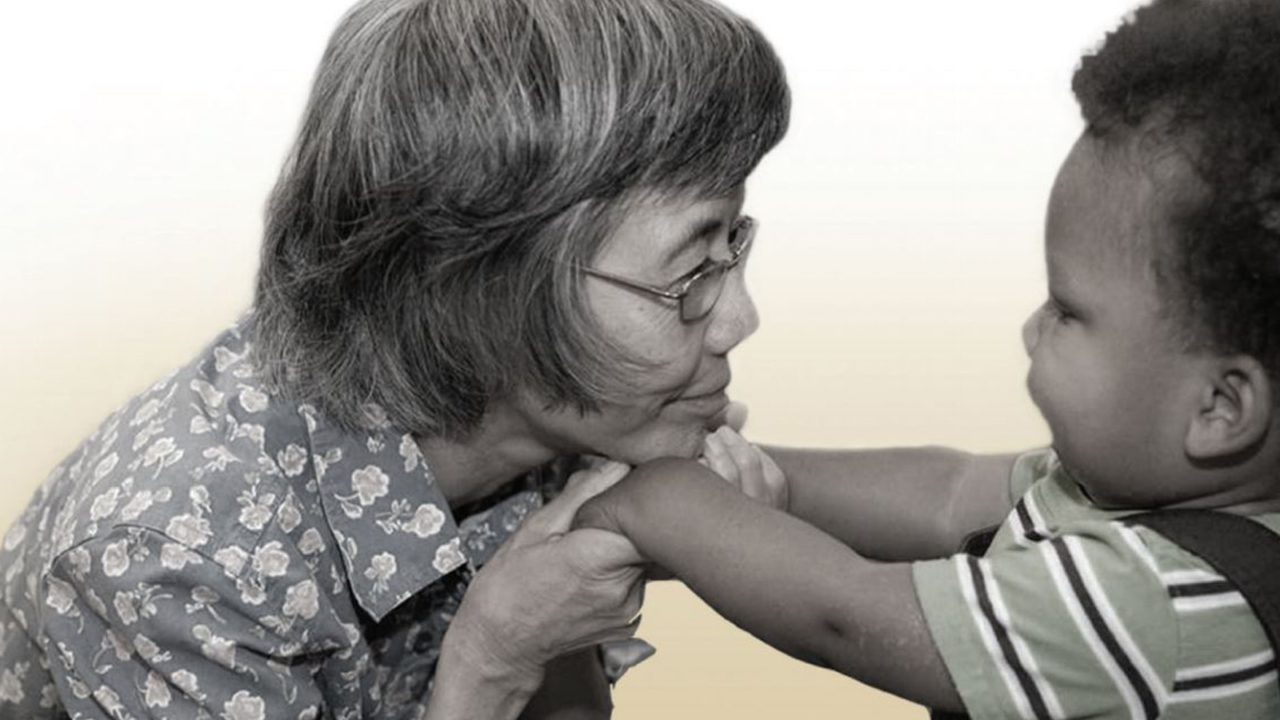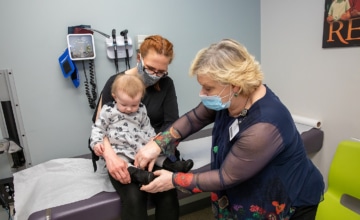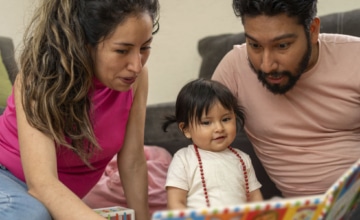How much are young children affected by the experiences and events around them? A lot. This is especially true for powerful, emotional experiences such as child abuse or maltreatment, witnessing intense arguments between parents or family members, or violence directed toward parents or caregivers. The incarceration or death of a parent is, of course, also very traumatic for babies and toddlers. Finally, even common life changes, such as separations from parents due to divorce or military deployments, can be very distressing to young children.
Behaviors That You Might See
Babies and toddlers often lack the language skills they need to communicate their confusion, fear, or worry. Their feelings are largely expressed through their behaviors. The list below outlines some of the most common behaviors seen in children who have had traumatic experiences:
- Increased clinginess
- Increased crying and more difficult to console.
- Greater-than-usual fear of separation from parent or trusted caregivers.
- More withdrawn, quiet, and harder to engage in play or interaction.
- More easily frustrated and more difficult to comfort and soothe.
- Less joyful or happy. May seem to have a “flat” expression. Babies may have a worried or “hyper-alert” expression.
- Increase in aggressive behavior (hitting, biting, pushing, etc.)
- Changes in sleeping, eating, and toileting patterns. For example, toddlers may have more potty accidents. Babies may wake up frequently at night. Children may eat more or less than usual.
- Toddlers may “act out” scary events.
- Children may return to earlier behaviors—for example, a toddler may take up thumbsucking again.
Helping Your Child Cope
Here are some caregiving strategies you can use to help your little one feel safe and secure once again.
1. Keep up your child’s regular routines.
Experiencing the same activities at about the same time each day helps her feel safe and secure and lets her know she can depend on you.
2. Notice your child’s emotional states and give him words to explain how he feels.
You looked scared when that dog started barking. This helps children begin the process of understanding their feelings, even if they are not old enough to talk yet. Ignoring feelings does not make them go away. When you teach your child the words to describe his feelings, it helps him make sense of these emotions.
3. Offer your child safe ways to express her feelings.
Drawing pictures, playing pretend, and telling her own stories are great ways for young children to express and work through difficult feelings. For example, a child whose parent is absent due to military deployment may do a lot of pretend play where an action figure or stuffed animal has lost a loved one. Reading children’s books that deal with the kinds of experiences your child is going through can also be very helpful.
4. Be patient and calm when your child is clingy, whiny, or aggressive.
Offer extra hugs and cuddles for a child who needs to be close to you. For a toddler who is whiny, model the kind of voice you’d like him to use instead, I can’t understand you. Can you use your big-boy voice? And for a child who is aggressive, set clear age-appropriate limits No hitting. Hitting hurts. Then redirect him to another activity: Thomas is playing with the truck. Here is a car for you to play with.
5. Answer your child’s questions according to his level of understanding.
Yes, your mommy and daddy are going to be gone for a while. Mommy and Daddy love you, but they are not able to take care of you right now. I am here for you, and I will take care of you. I love you very much.
6. Have fun together.
An important part of childhood is sharing fun experiences with the people you love. So laugh and be silly together. Share your favorite stories and songs. Take walks and enjoy new discoveries. Cuddle together before bed. Plan special outings to the park or the zoo. Do things together that feel good.
7. Know when to get help.
If your child’s behavior is making it hard for her to explore, learn, and connect with others, then it is time to seek out a health care provider or child development specialist who can help you through this difficult time.
This resource was adapted from: Levine, K. (2003). Little listeners in an uncertain world: Coping strategies for you and your child during deployment or when a crisis occurs. Washington, DC: ZERO TO THREE





